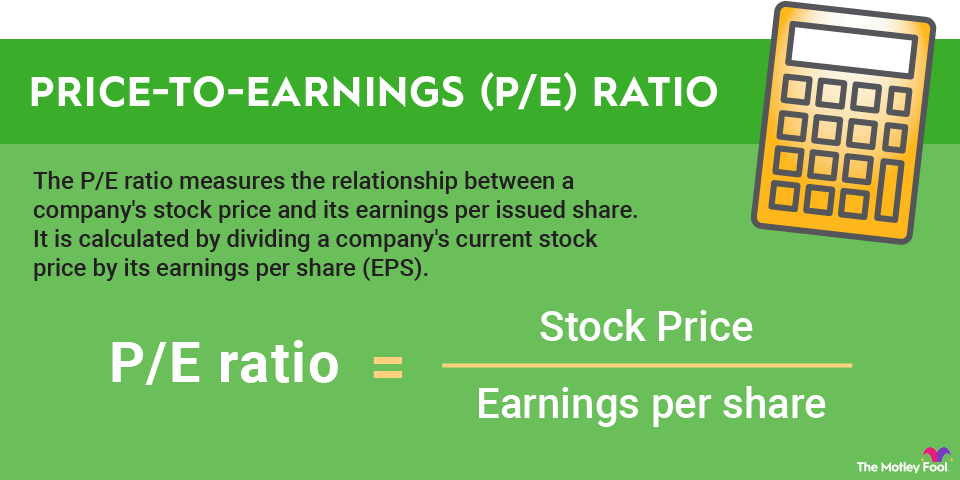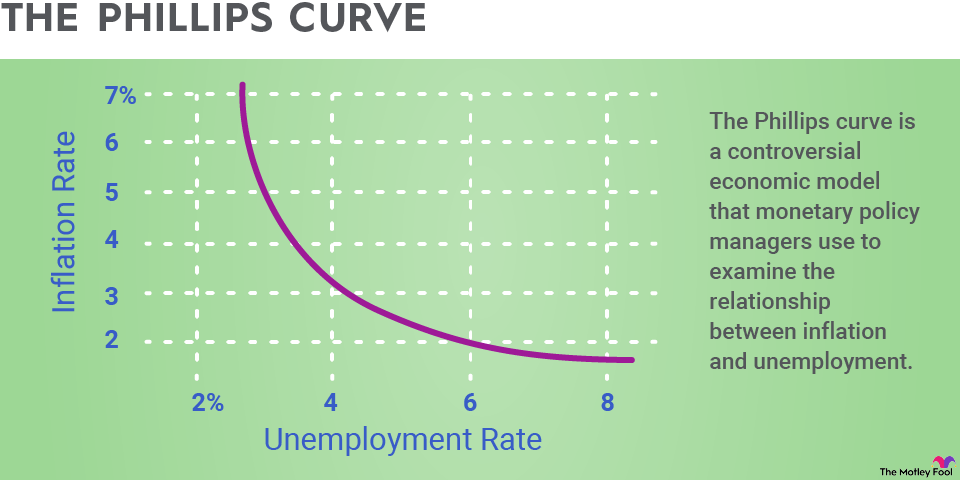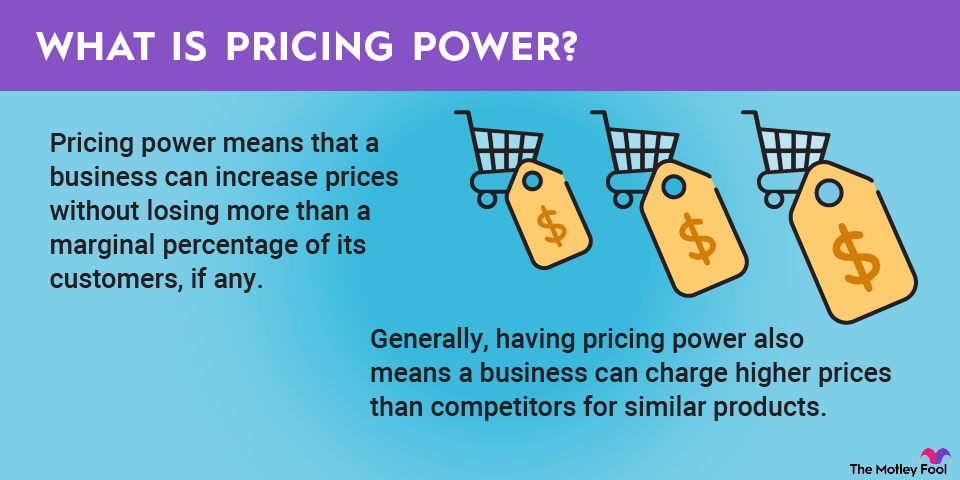PBCs must clearly define their specific public benefit in their articles of incorporation. This could be anything from environmental sustainability to social equity or community development. This public benefit purpose must be a legally binding part of the corporation's charter, ensuring that the company's activities are aligned with its stated mission.
Public benefit corporations are expected to operate in a responsible and sustainable manner, taking into account the impact of their actions on the wider world. In a PBC, shareholder value is still a factor, but it's not the sole focus. PBCs balance shareholder interests with a broader set of stakeholder interests and the pursuit of a specific public benefit. This means that while profits and shareholder returns are considered, decisions must also consider the impact on employees, customers, the community, and the environment.
PBCs are required to issue periodic reports on their progress in achieving their stated public benefit. This helps to ensure accountability and transparency, demonstrating that the company is actually living up to its mission. These corporations are governed by the laws of the state in which they are incorporated. Directors and officers of a PBC have the same authority as those of a traditional corporation, but they are required to consider the impact of their decisions on all stakeholders, not just shareholders.
Why do companies transition to a public benefit corporation?
Transitioning to a public benefit corporation can offer numerous advantages for businesses seeking to balance profit with purpose. PBCs are legally obligated to consider their stated public benefit alongside profits. This protects directors and officers from shareholder lawsuits that might arise if decisions prioritize social or environmental goals over immediate profit maximization.
The PBC structure helps ensure a company's mission and values are maintained even through changes in leadership or ownership, as the commitment to public benefit is embedded in its legal framework. PBCs can attract and retain customers who value businesses that prioritize social or environmental responsibility, potentially leading to increased brand loyalty and sales.




















